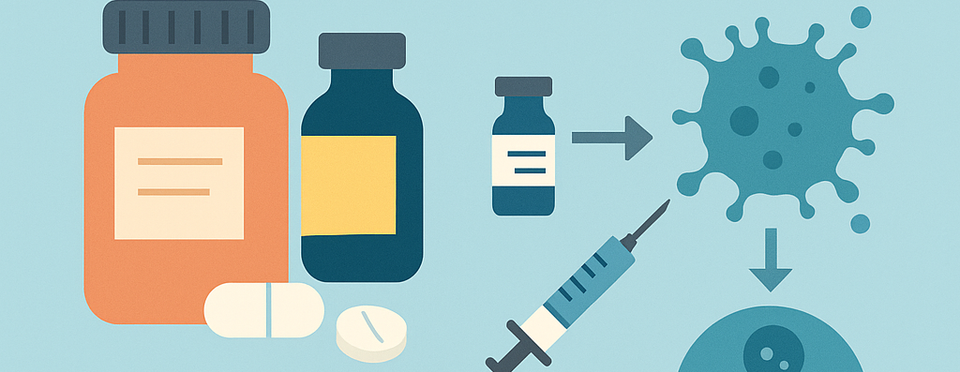Initial Chemotherapy for Ovarian Cancer

Important Considerations: Carboplatin and Paclitaxel (Taxol)
This page provides information about your chemotherapy treatment plan, which includes the drugs carboplatin and paclitaxel (sometimes known by the brand name Taxol). It is important to read this information and discuss any questions you have with your doctor or nurse.
What are Carboplatin and Paclitaxel?
- Carboplatin is a type of chemotherapy drug that contains platinum. These types of drugs work by damaging the DNA of cancer cells, which helps to stop them from growing and spreading.
- Paclitaxel belongs to a group of chemotherapy drugs called taxanes. Paclitaxel works by interfering with the way cancer cells divide.
These two drugs are often used together to treat various types of cancer, including ovarian cancer.
How will I receive Carboplatin and Paclitaxel?
- Both carboplatin and paclitaxel are usually given intravenously (IV), which means they are delivered directly into your bloodstream through a vein.
- The treatments are typically given in cycles, with a period of rest in between to allow your body to recover. The length of each cycle and the total number of cycles you receive will be determined by your doctor. Common schedules involve treatment every 3 weeks.
- You may receive premedications before your chemotherapy infusion to help prevent or reduce potential side effects, such as allergic reactions.
Potential Side Effects:
It is important to be aware of potential side effects. Everyone experiences chemotherapy differently, and you may not have all of the side effects listed. Talk to your healthcare team about what to expect and how to manage any side effects you may experience.
Some common side effects of carboplatin and paclitaxel may include:
- Hair loss (alopecia): Paclitaxel can sometimes cause hair loss. You may want to discuss options like scalp cooling with your doctor, which may help reduce hair loss.
- Nausea and vomiting: Your doctor can prescribe medications to help prevent or control these side effects.
- Fatigue: Feeling very tired is common during chemotherapy.
- Low blood counts: Chemotherapy can temporarily lower your white blood cells (increasing the risk of infection), red blood cells (possibly leading to anemia and fatigue), and platelets (which help with blood clotting). Your healthcare team will monitor your blood counts regularly.
- Nerve problems (neuropathy): Paclitaxel can sometimes cause numbness, tingling, or pain in your hands and feet. Tell your doctor if you experience these symptoms.
- Muscle and joint pain (arthralgia).
- Skin reactions and nail changes.
- Diarrhea or constipation: Changes in bowel habits can occur.
- Mouth sores (stomatitis).
- Allergic reactions or infusion reactions: These can occur during or shortly after the infusion. Symptoms may include rash, itching, hives, flushing, shortness of breath, or changes in blood pressure. It is crucial to tell your nurse immediately if you experience any of these symptoms during your infusion.
Hypersensitivity Reactions:
- Hypersensitivity reactions (allergic-like reactions) can occur with both paclitaxel (a taxane) and carboplatin (a platinum agent).
- Most severe reactions are more commonly caused by platinum agents like carboplatin.
- Tell your doctor if you have had any allergic reactions to medications in the past.
- If you experience a reaction, your infusion may be slowed down or stopped, and you may receive medications to manage the reaction. In some cases, a desensitization protocol might be used if you have a hypersensitivity to carboplatin and need to continue treatment.
Important Things to Discuss with Your Healthcare Team:
- Allergies: Make sure your doctor knows about any allergies you have.
- Other medical conditions: Inform your doctor about any other health issues you have.
- Other medications: Tell your doctor about all medications you are taking, including over-the-counter drugs, supplements, and herbal remedies, as they may interact with your chemotherapy.
- Side effects: Report any side effects you experience to your healthcare team promptly. They can provide guidance on managing these effects and may adjust your treatment if necessary.
- Fertility concerns: If you are concerned about the potential impact of chemotherapy on your fertility, discuss this with your doctor before starting treatment.
- Clinical trials: Ask your doctor if participating in a clinical trial is an option for you.
- Follow-up care: Understand the plan for monitoring your response to treatment and what follow-up tests you will need. You may receive a survivorship care plan after you finish treatment.
Remember: Your healthcare team is here to support you throughout your chemotherapy treatment. Don't hesitate to ask questions or express any concerns you may have.


